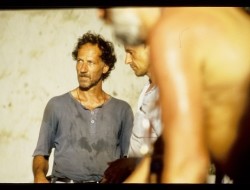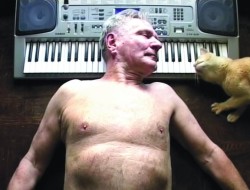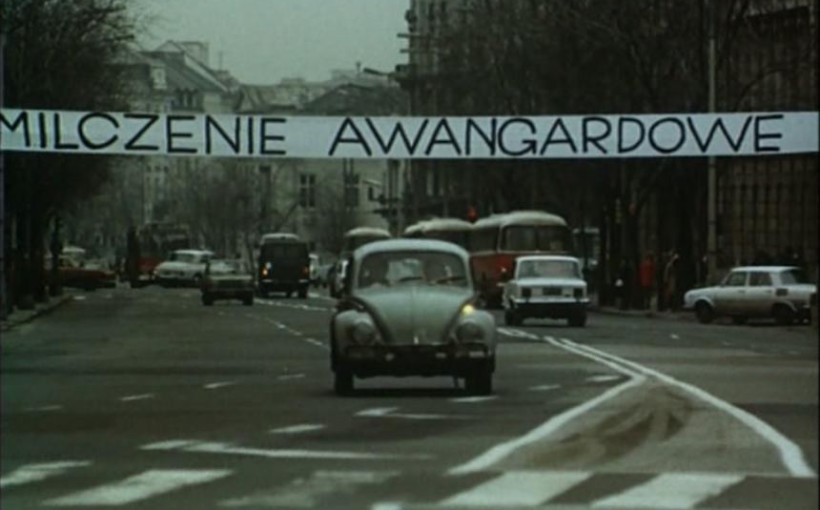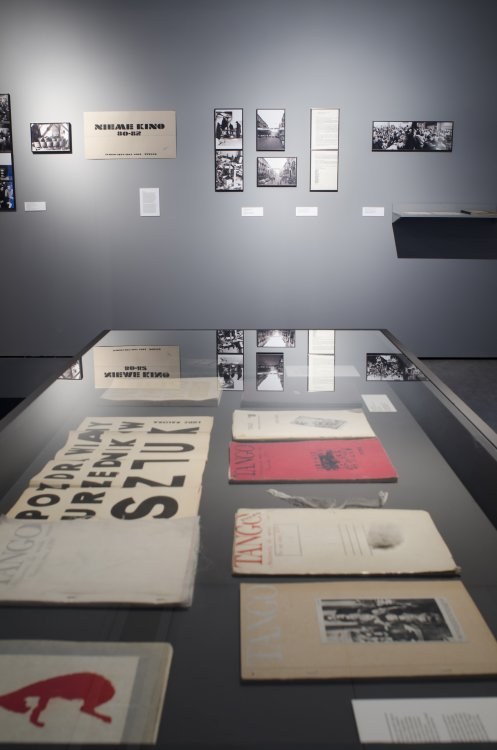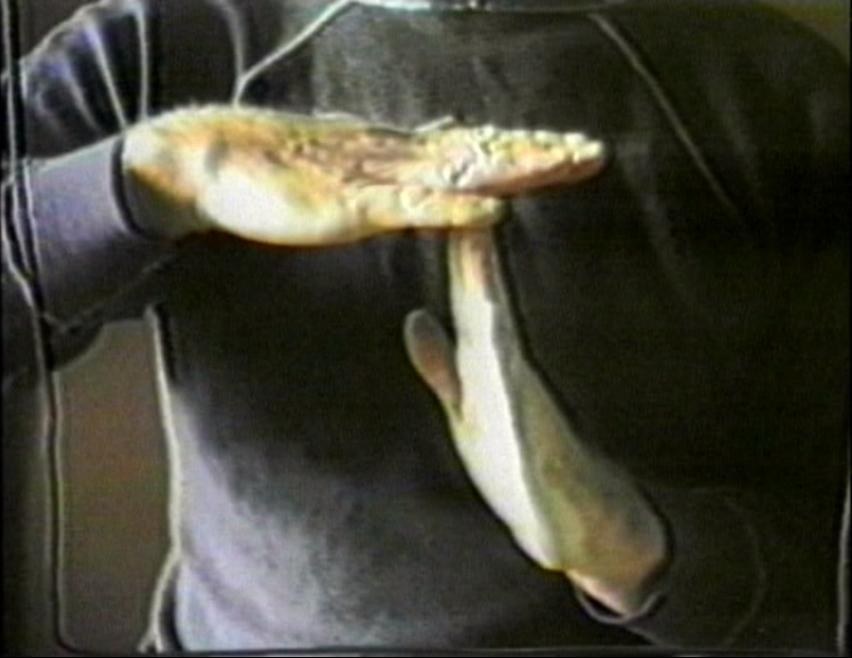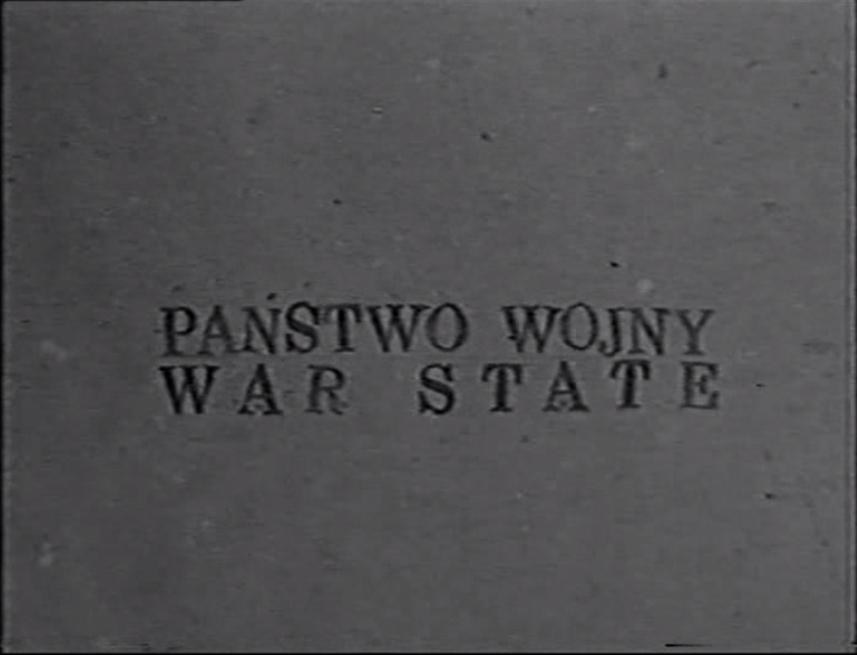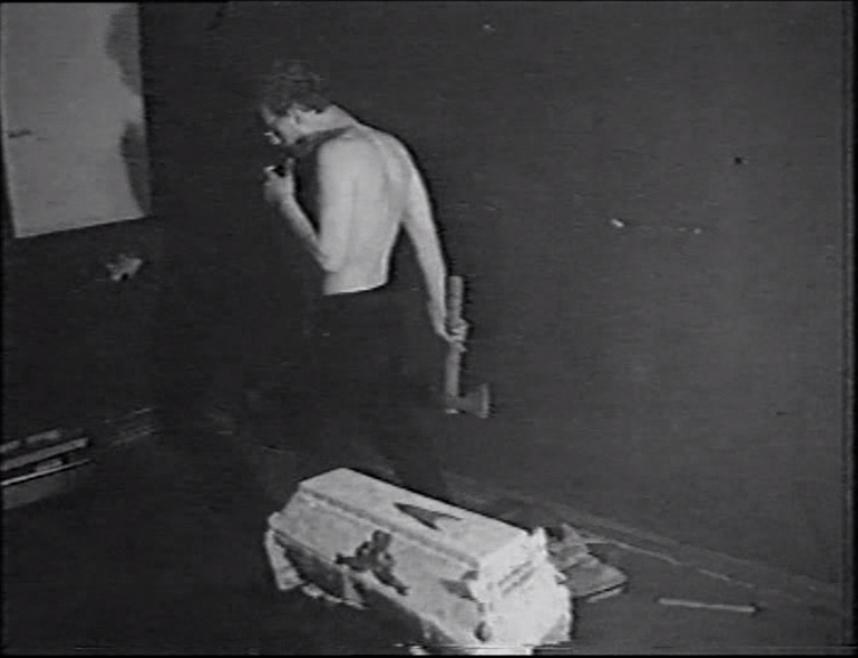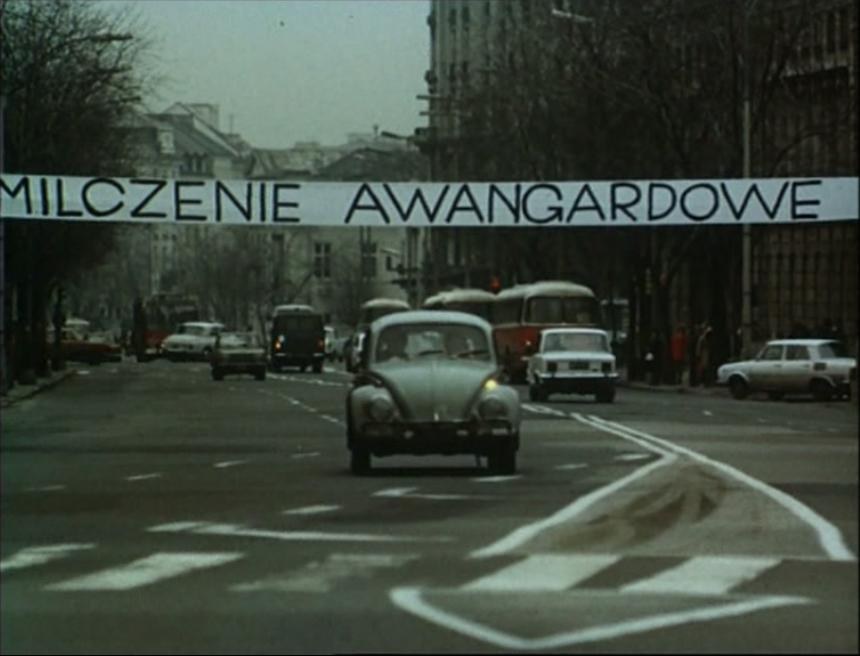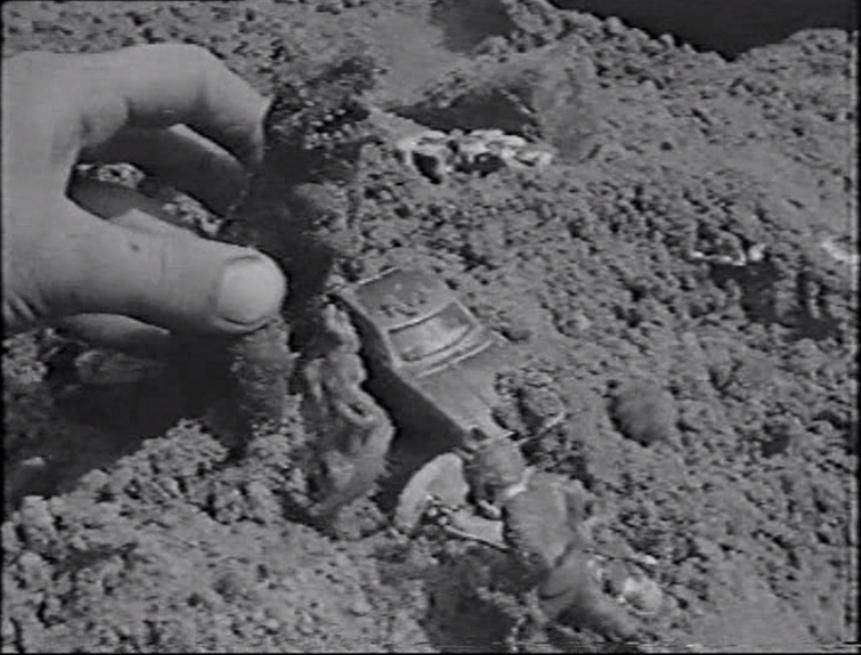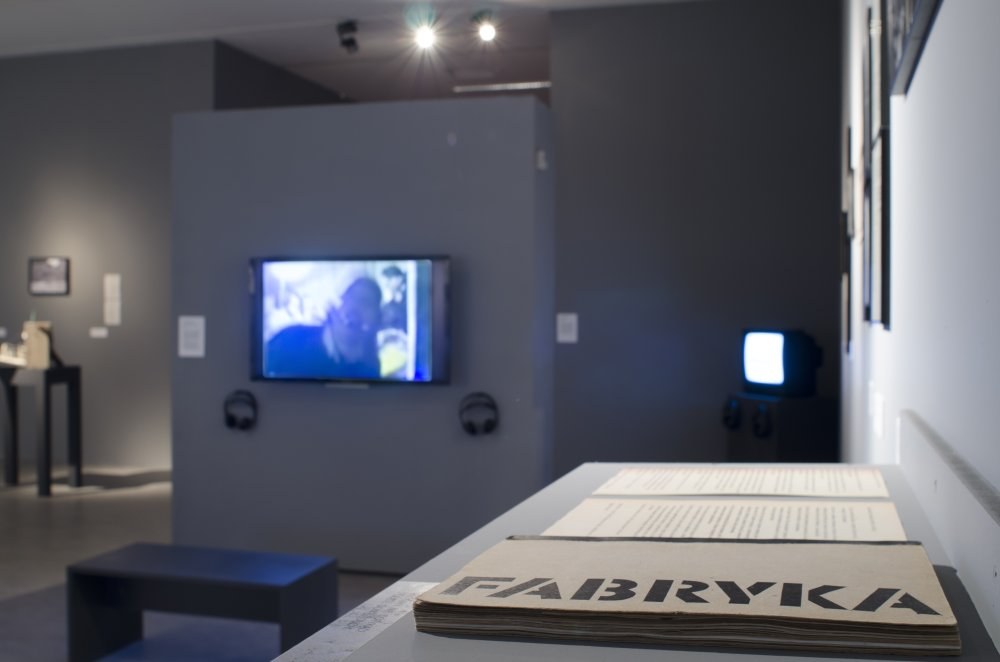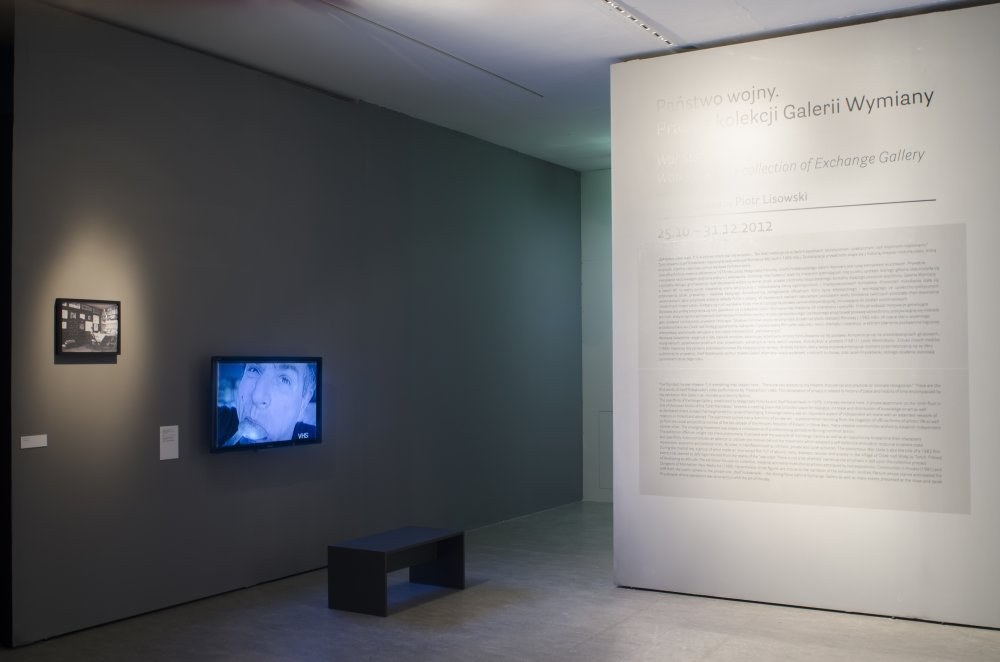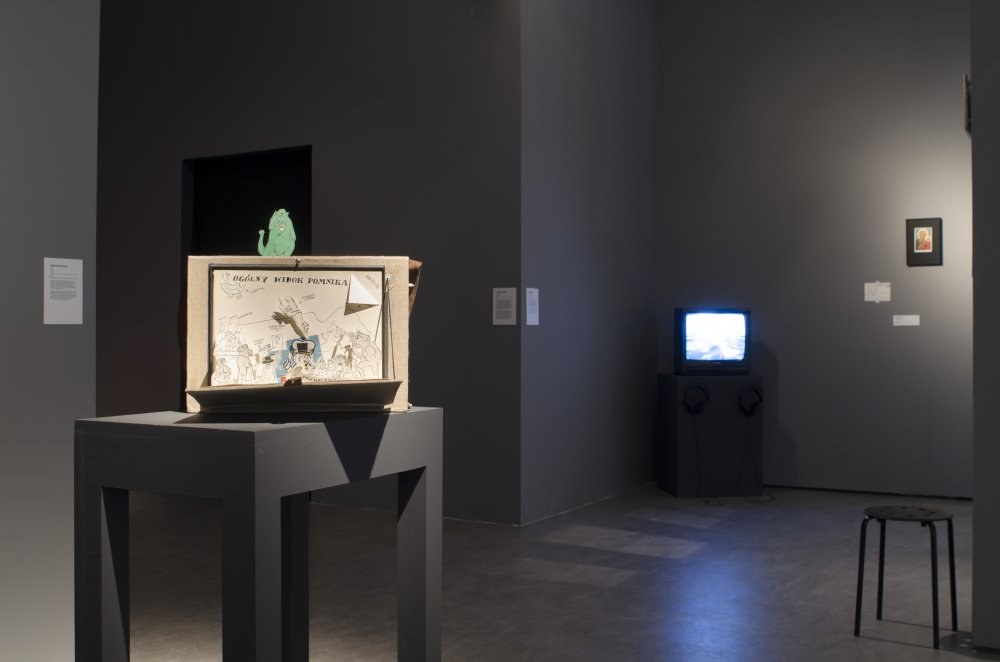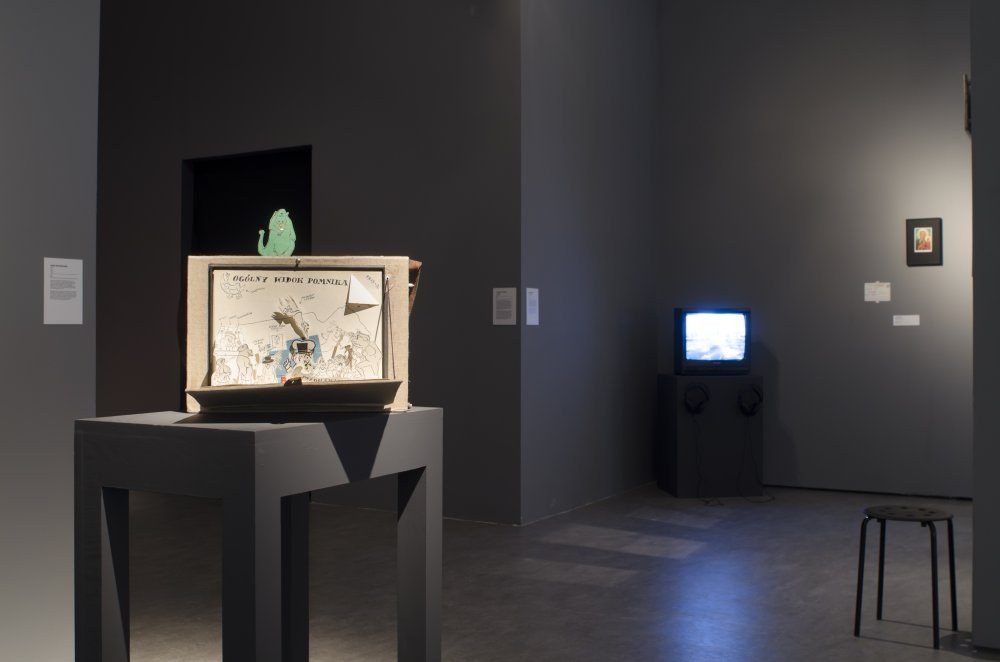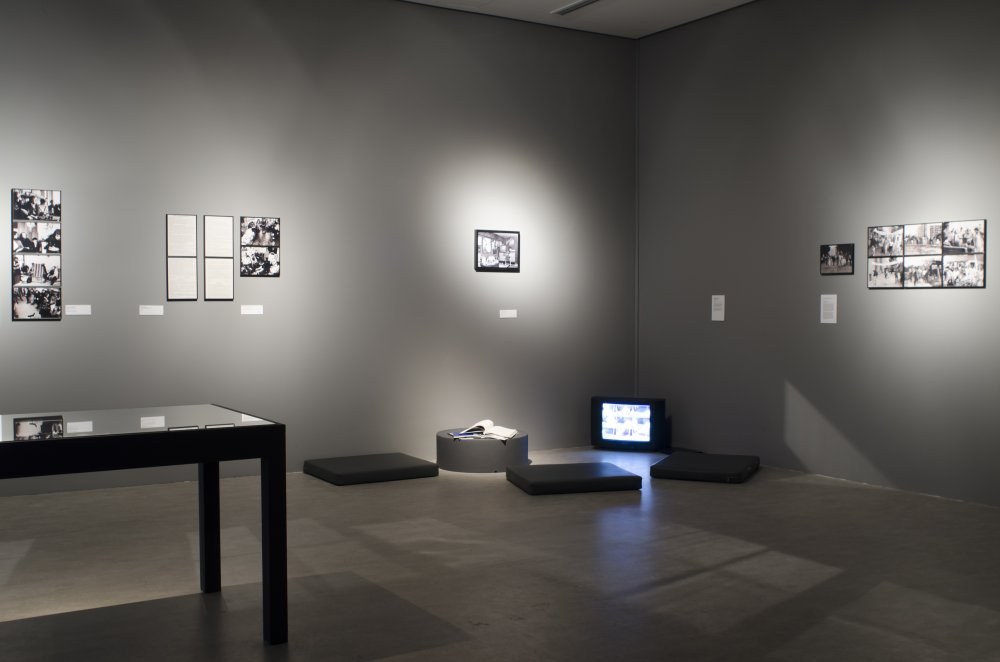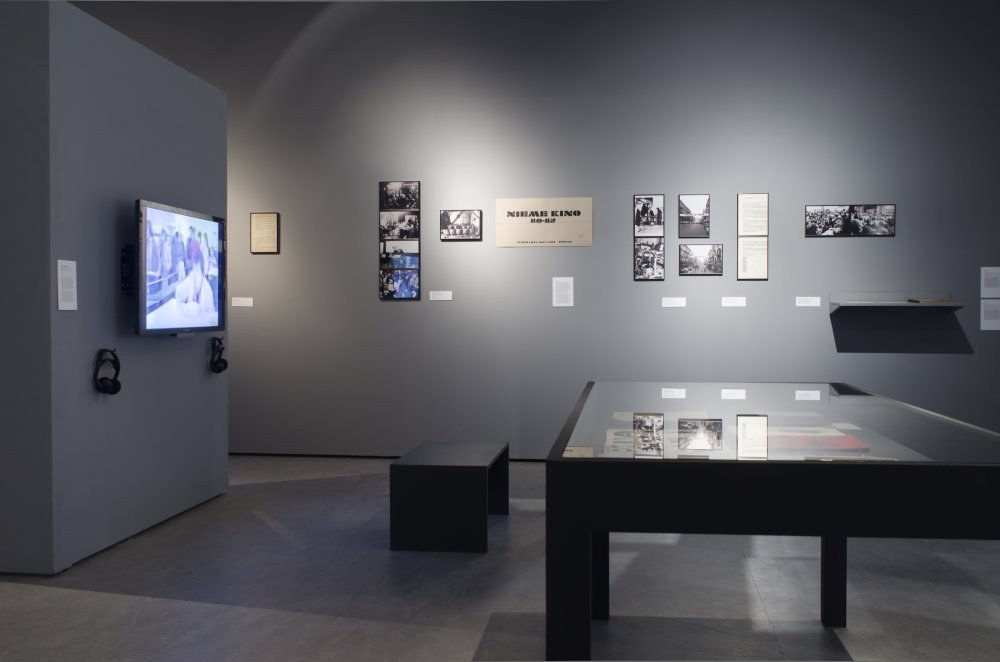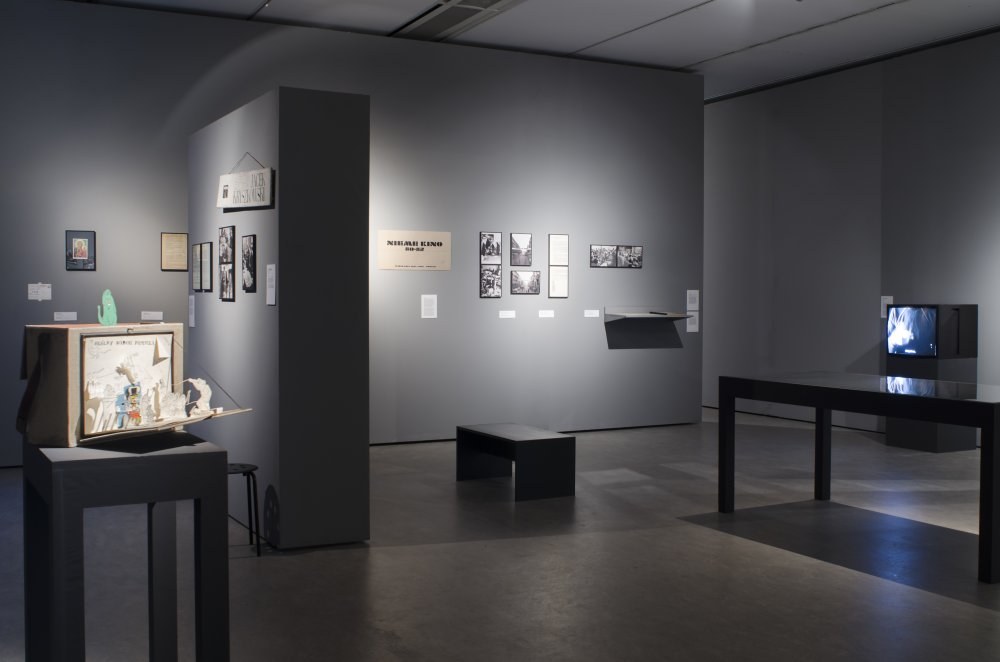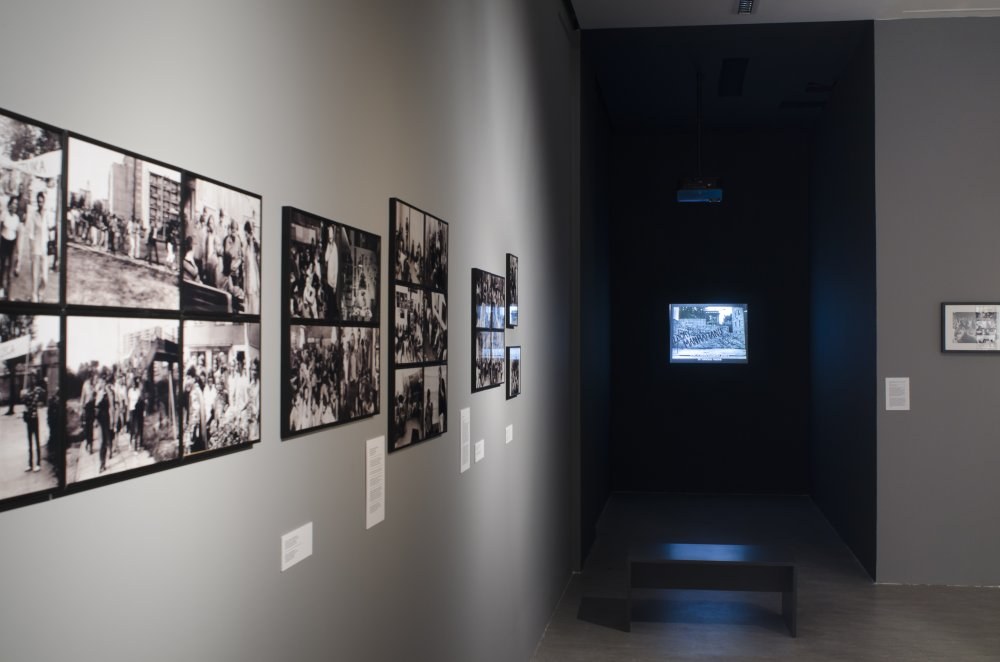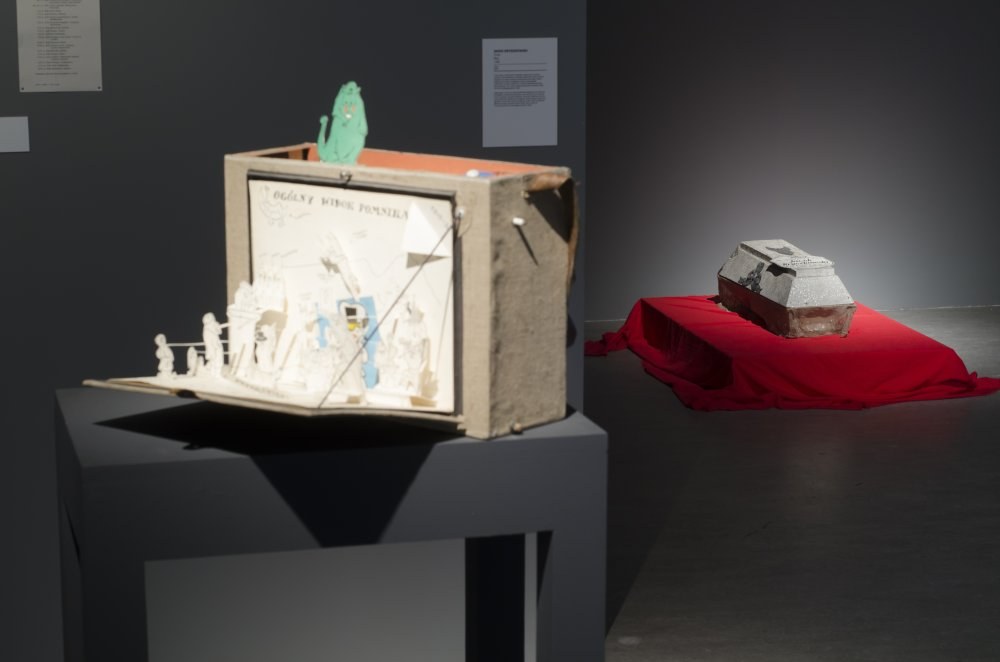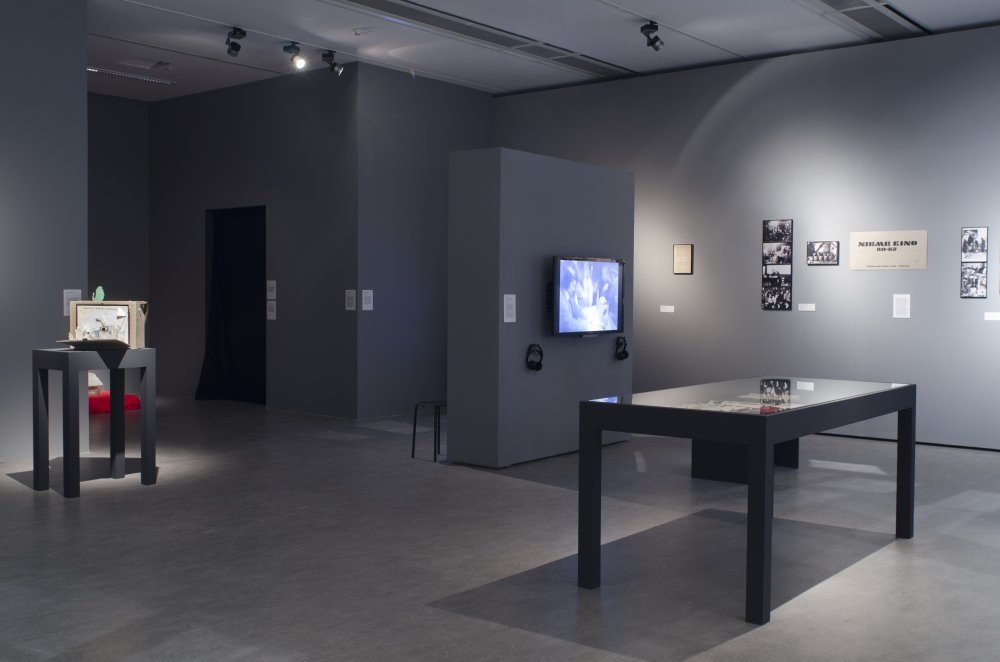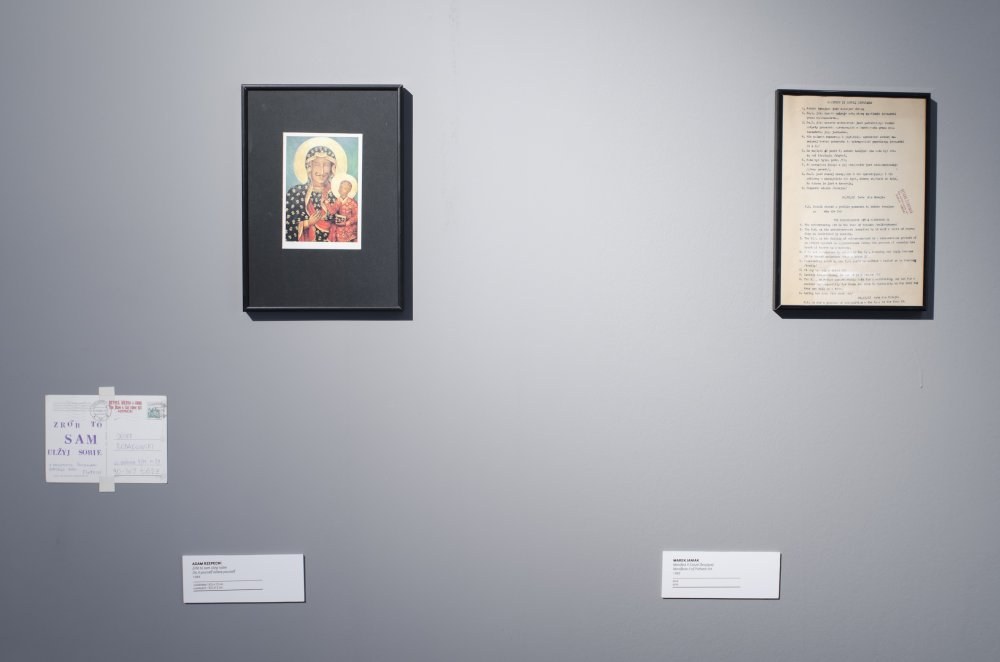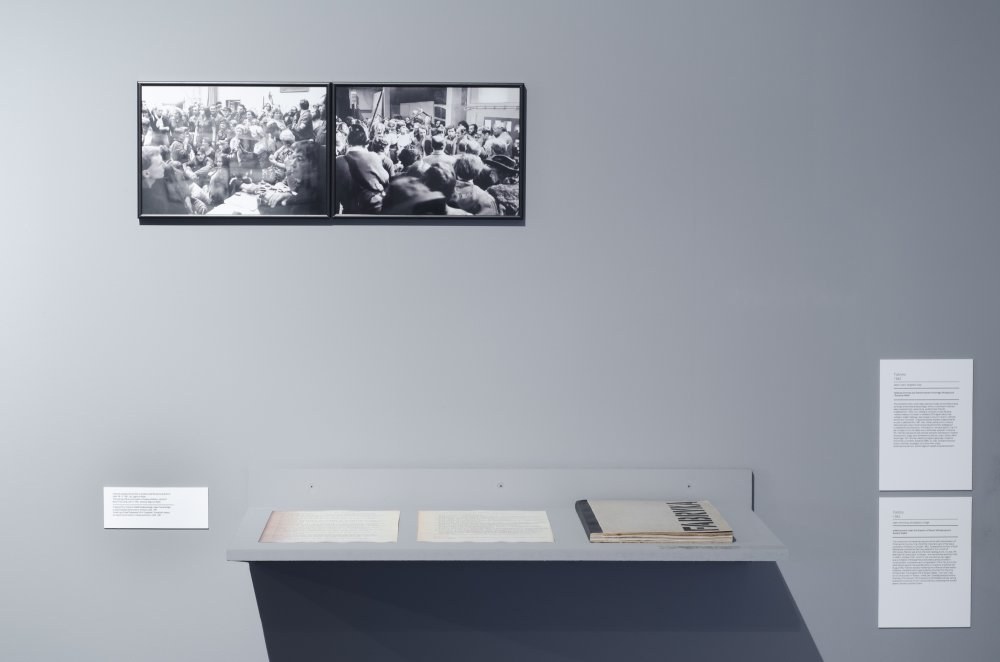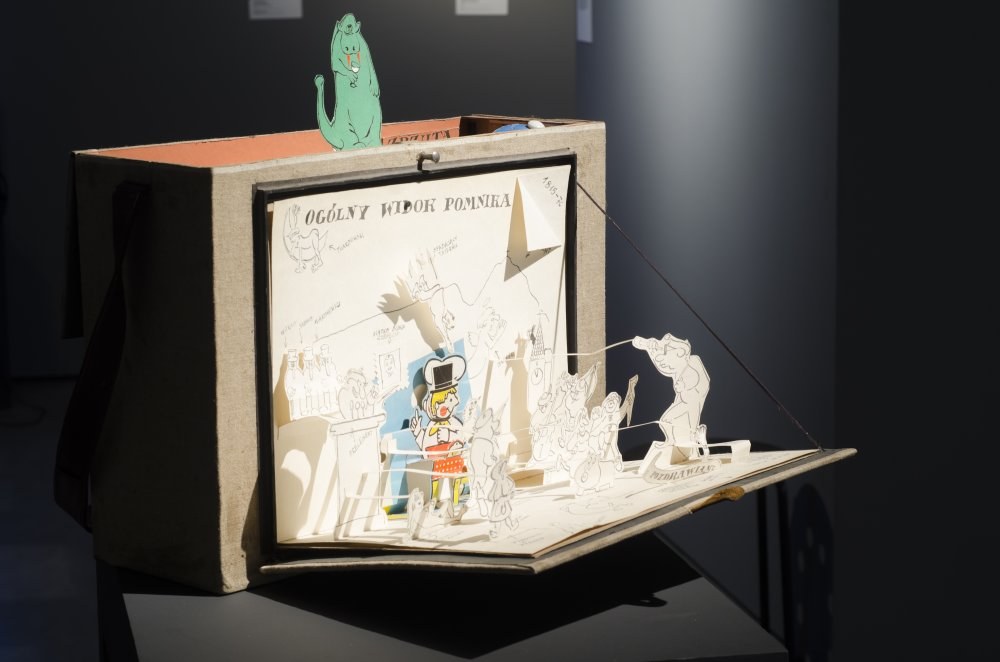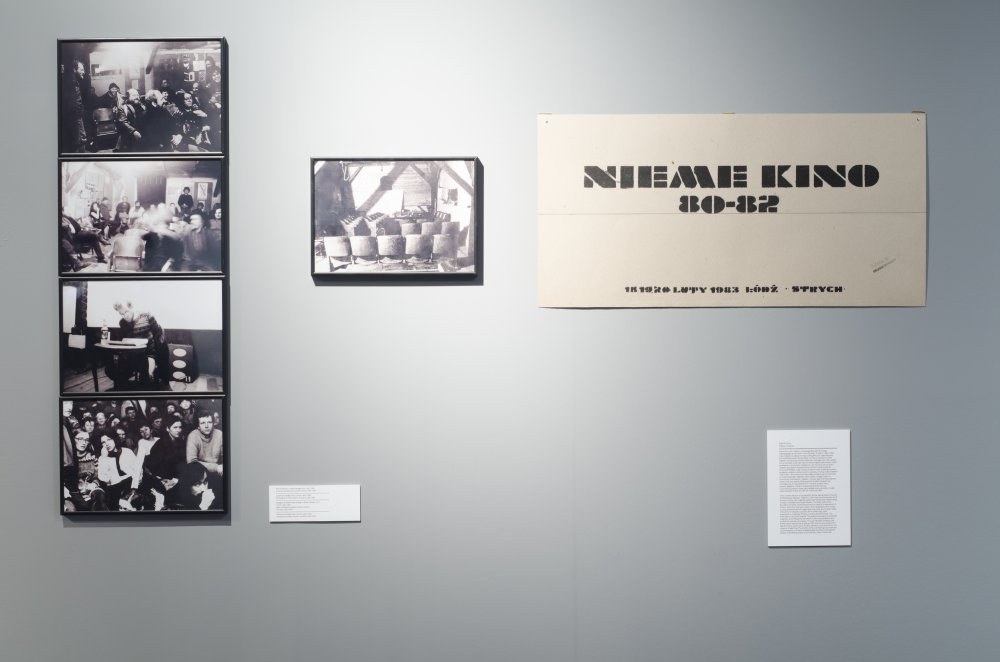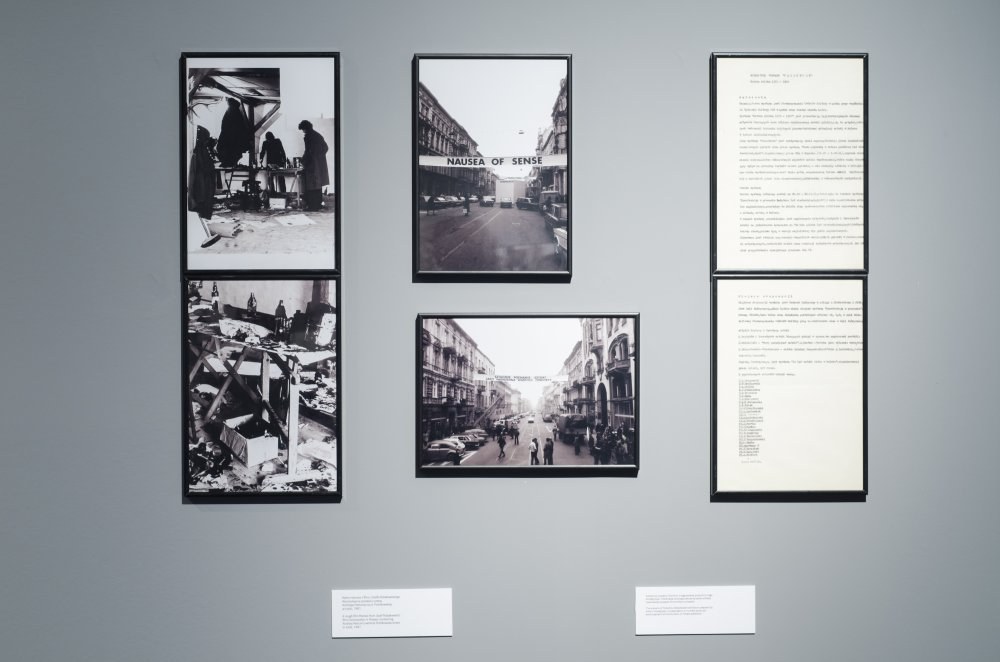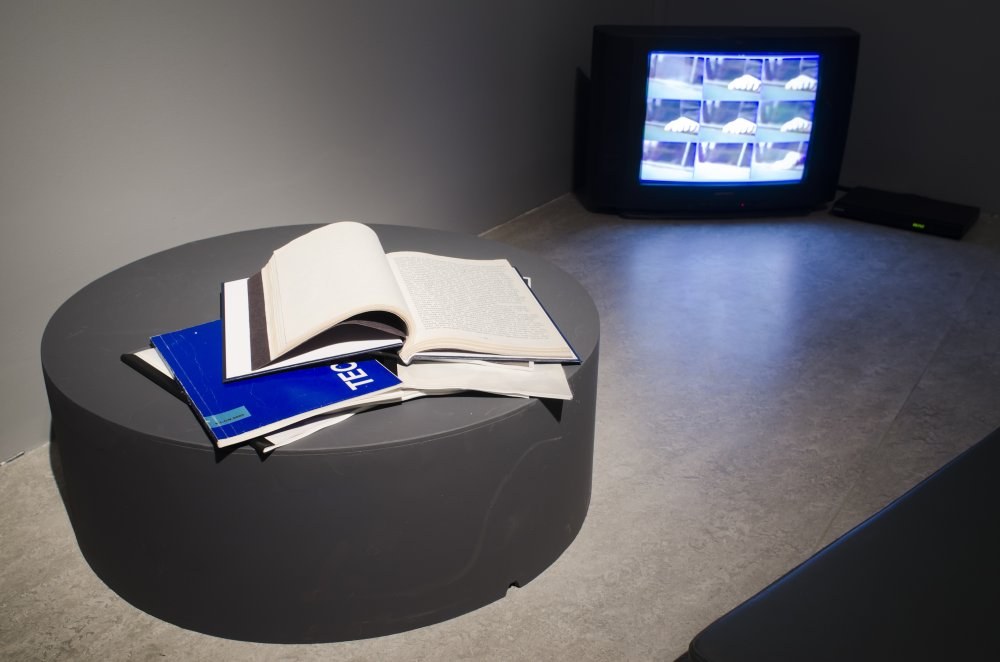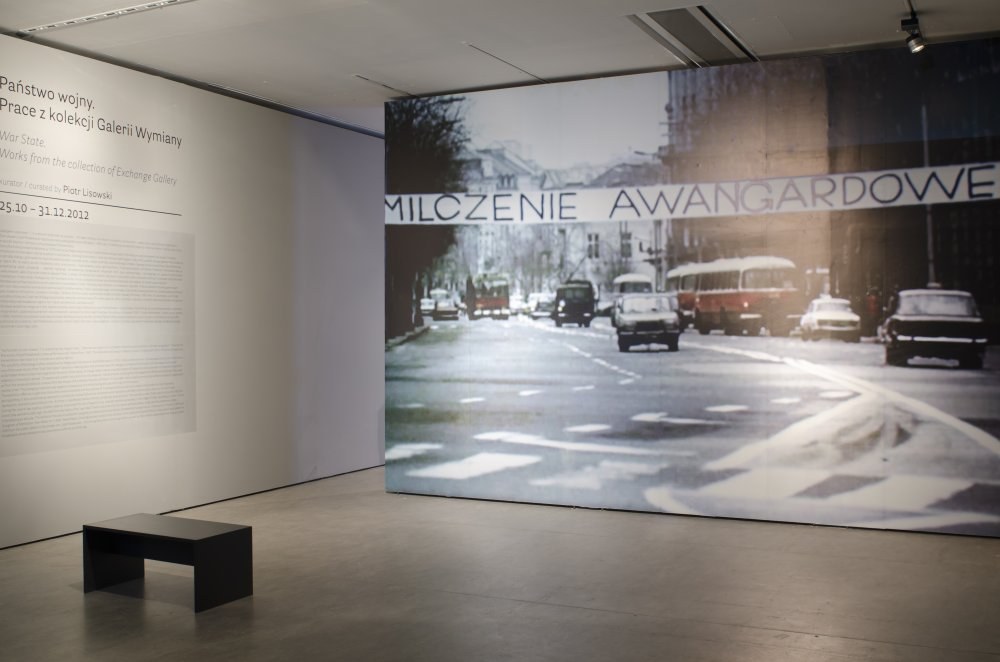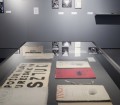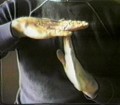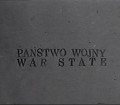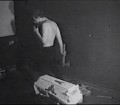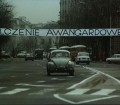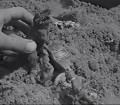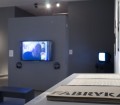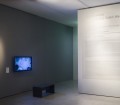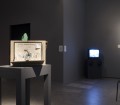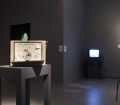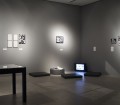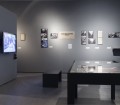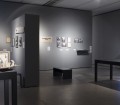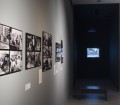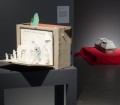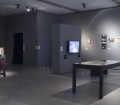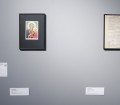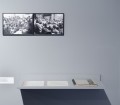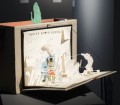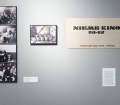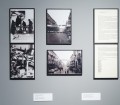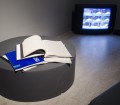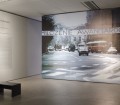Exhibition opening: the 25th of Oct, 7 PM
free entrance!
Curated by: Piotr Lisowski
“I’ve founded my own theatre: T, V, everything may happen here… There are two aspects to my theatre: theoretical and practical or intimate recognition.” These are the first words of Józef Robakowski’s video performance My Theatre from 1985. This declaration of privacy is related to history of place and history of time encompassed by the exhibition War State in an intimate and sketchy fashion.
The specificity of Galeria Wymiany (Exchange Gallery), established by Małgorzata Potocka and Józef Robakowski in 1978, is the key element here. A private apartment on the ninth floor in one of the tower blocks of the “Łódź Manhattan” became a meeting place that provided space for dialogue, increase and distribution of knowledge on art as well as facilitated direct contact that heightened the sense of belonging. Galeria Wymiany was an important aspect of independent art scene with an extended network of relations in Poland and abroad. The apartment turned into a dominion of private art – a phenomenon resulting from the negation of official forms of artistic life as well as from the social and political context of the last decade of the People’s Republic of Poland. In those days, many creative communities wished to establish independent centres of art. The emerging movement was largely a consequence of a collectivizing attitude enforcing common action.
The exhibition offers an insight into these phenomena illustrated with the example of Galeria Wymiany as well as an opportunity to examine their characters and specificity. It also constitutes an attempt to uncover the motives behind the movement which adopted a self-defensive attitude in response to severe state repressions, economic and political crisis. At times, it manifested itself as nihilistic, private and quiet activities. The eponymous War State is also the title of a 1982 film. During the martial law, a group of artist made an improvised film full of absurd, irony, dramatic tension and anxiety in the village of Osiek nad Wisłą by Toruń. Filmed events that seemed to defy logic resulted from the reality of the “war state”.
There is not a list of artists’ names as the emphasis is laid upon the collective process of developing an attitude. The exhibition focuses on collective, marginal and extra-institutional actions embraced by two expositions: Construction in Process (1981) and Dungeons of Manhattan. New Media Art (1989). Nevertheless, three figures are crucial to the narration of the exhibition: Andrzej Partum whose stance anticipated the shift from the public sphere to the private one, Józef Robakowski – the driving force behind Galeria Wymiany as well as many events presented at the show and Jacek Kryszkowski whose standpoint was synonymous with the art of the day.
 The Institution is funded from the budget of Toruń Municipality
The Institution is funded from the budget of Toruń Municipality
